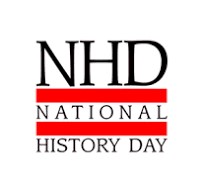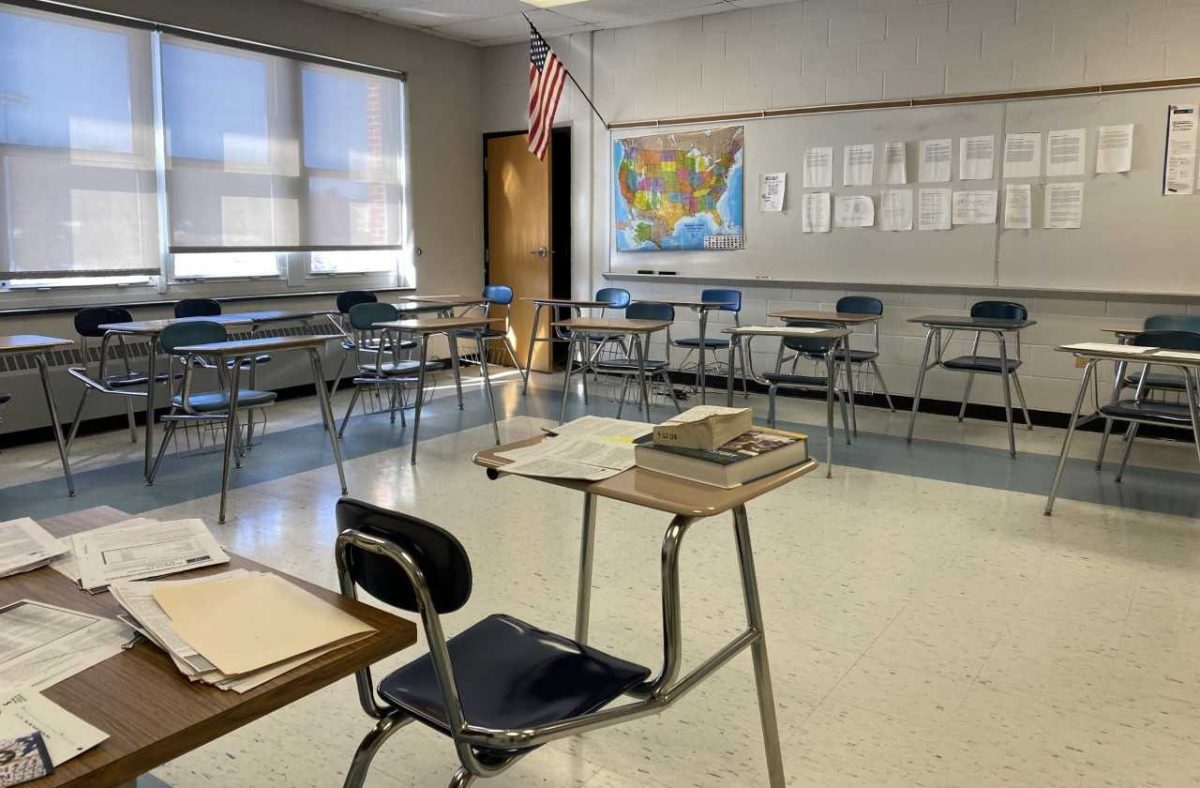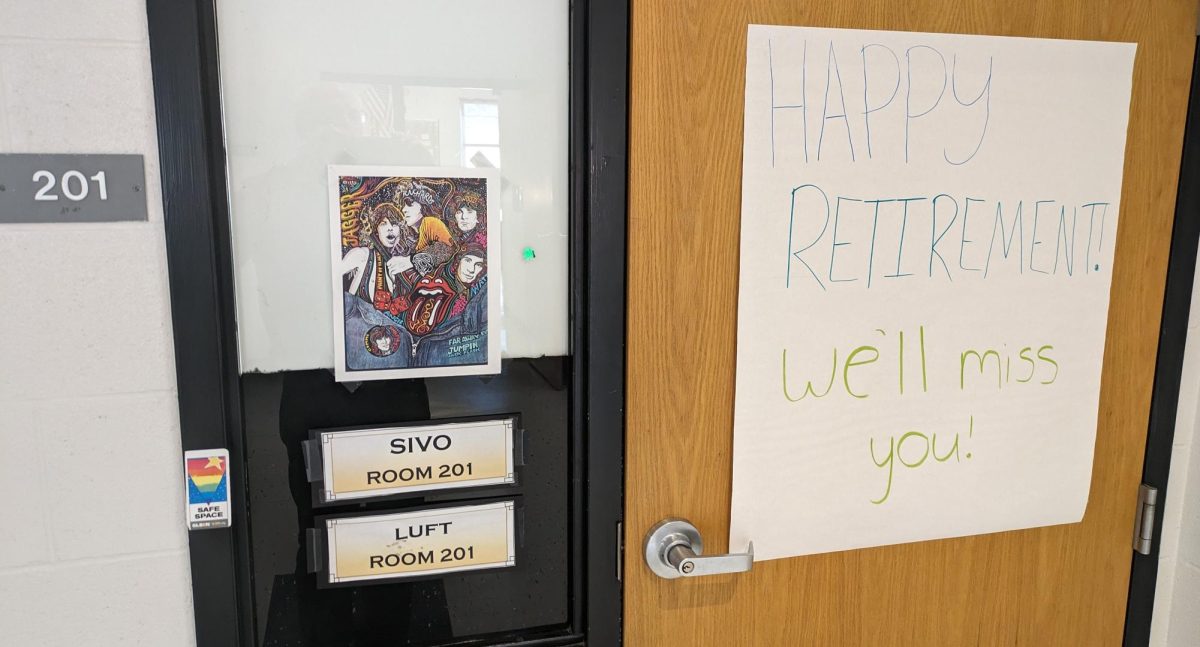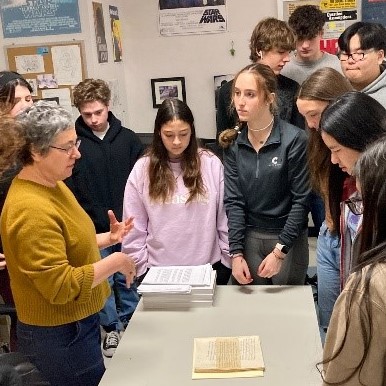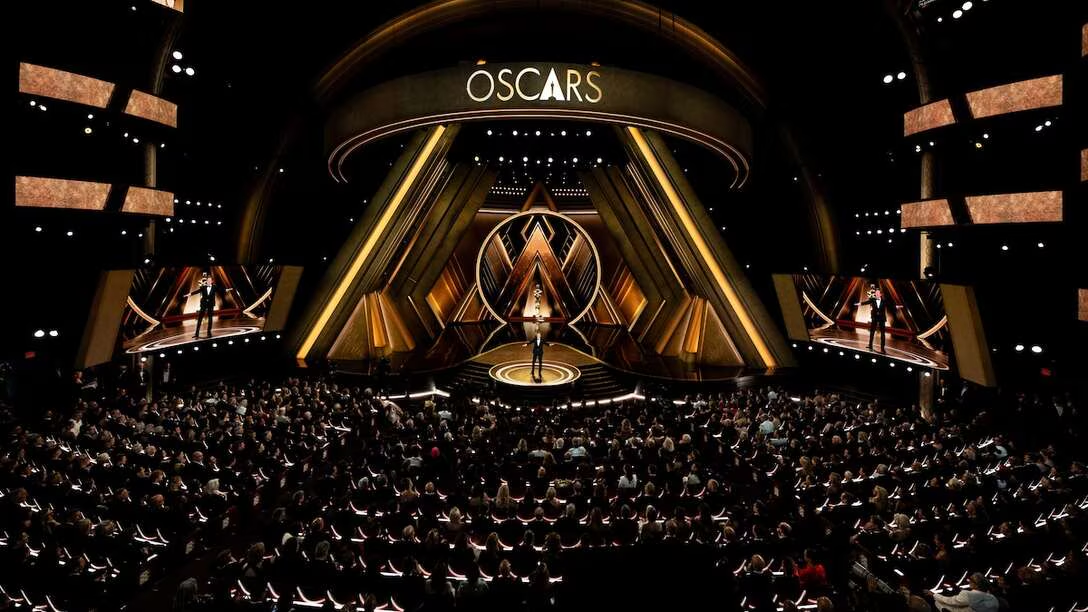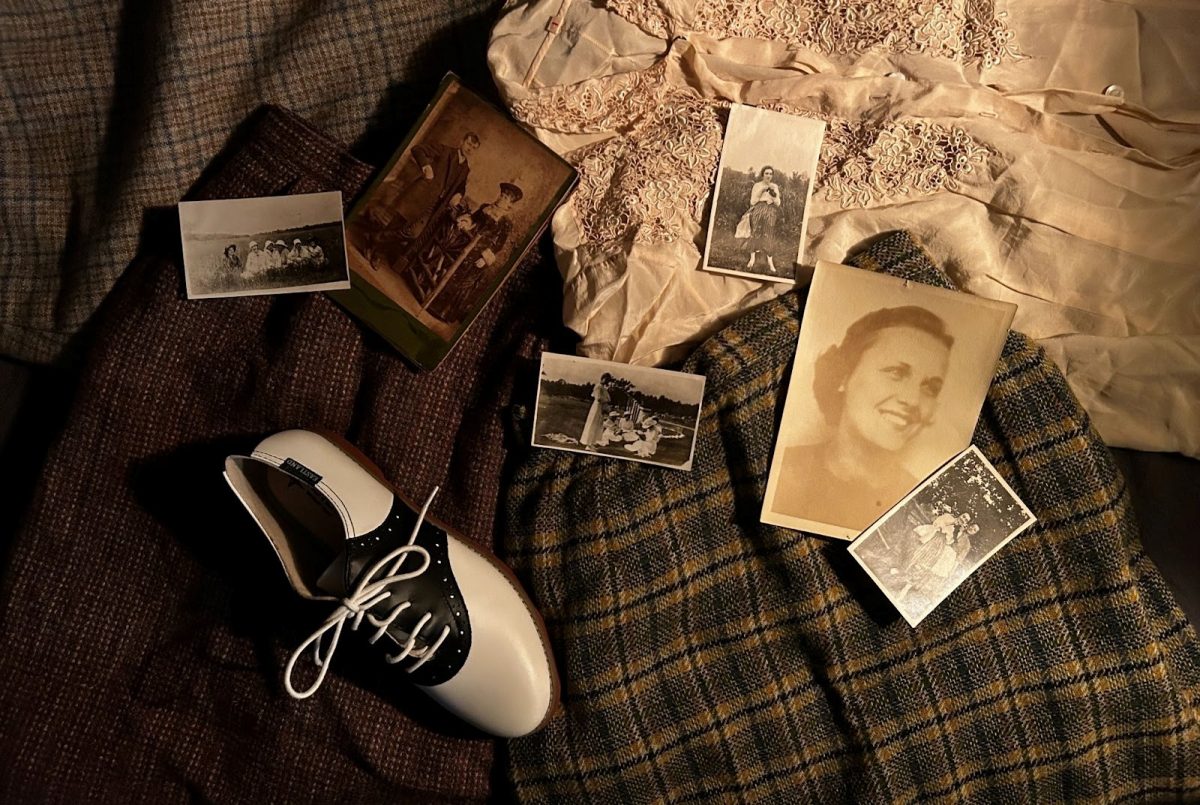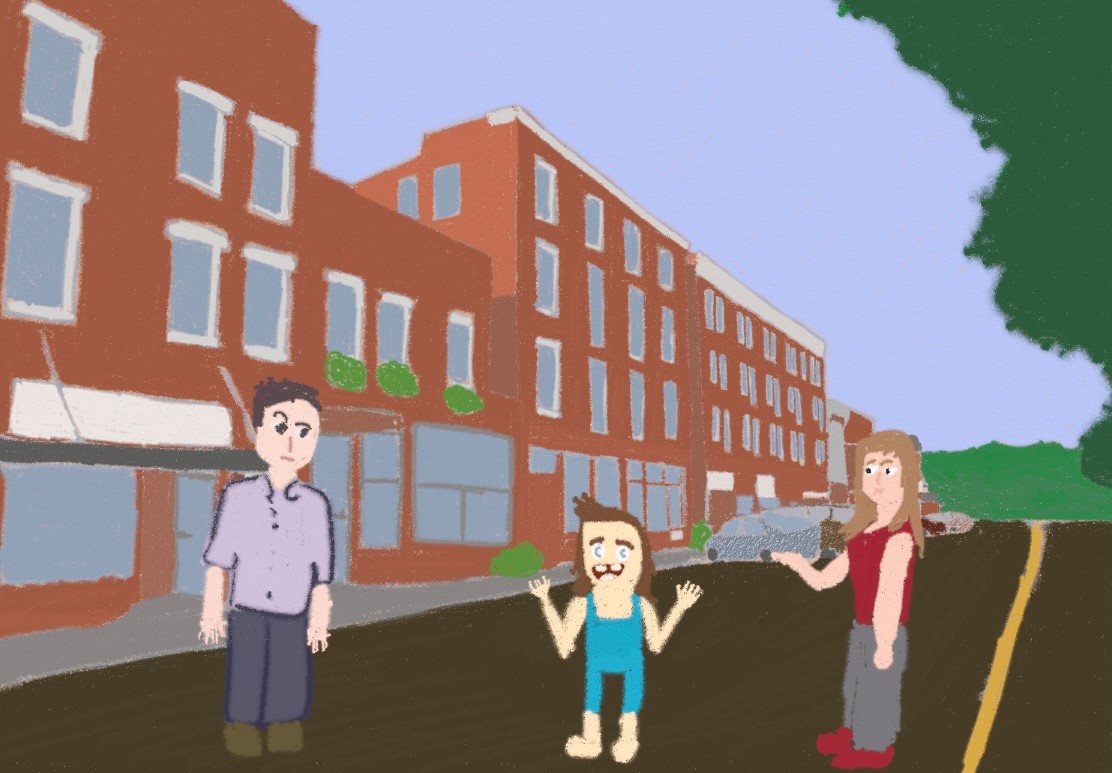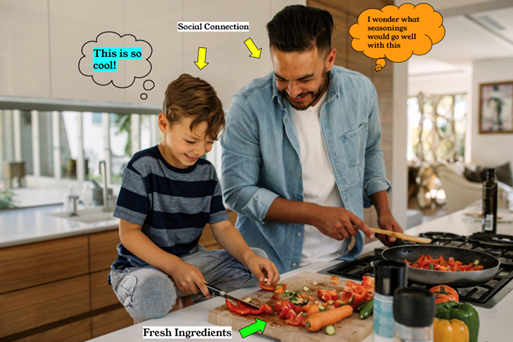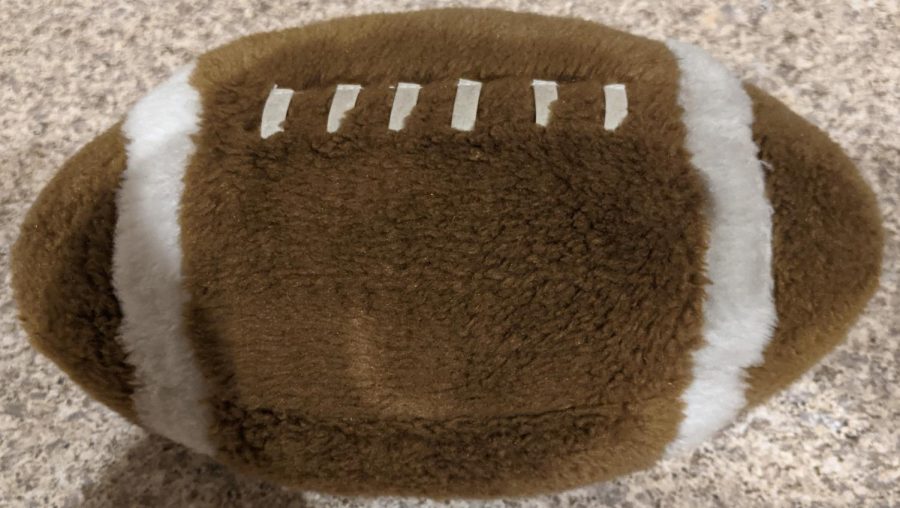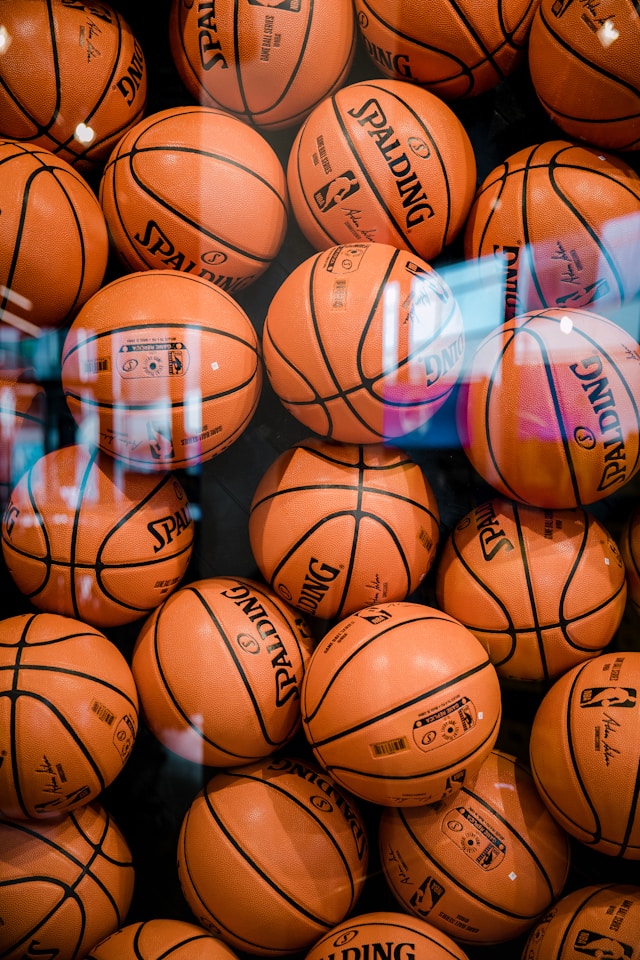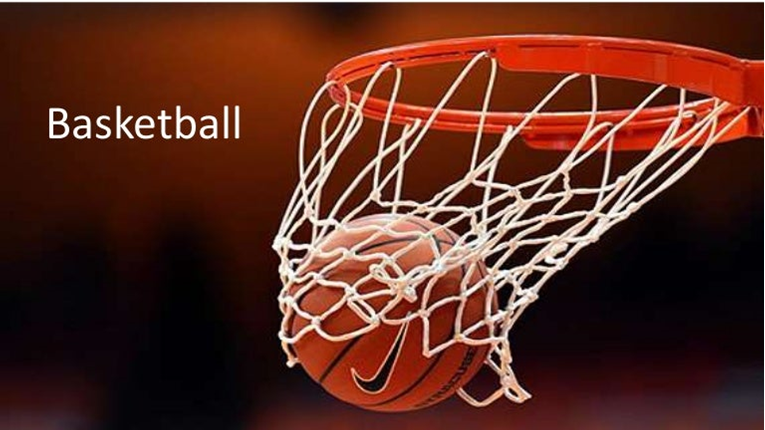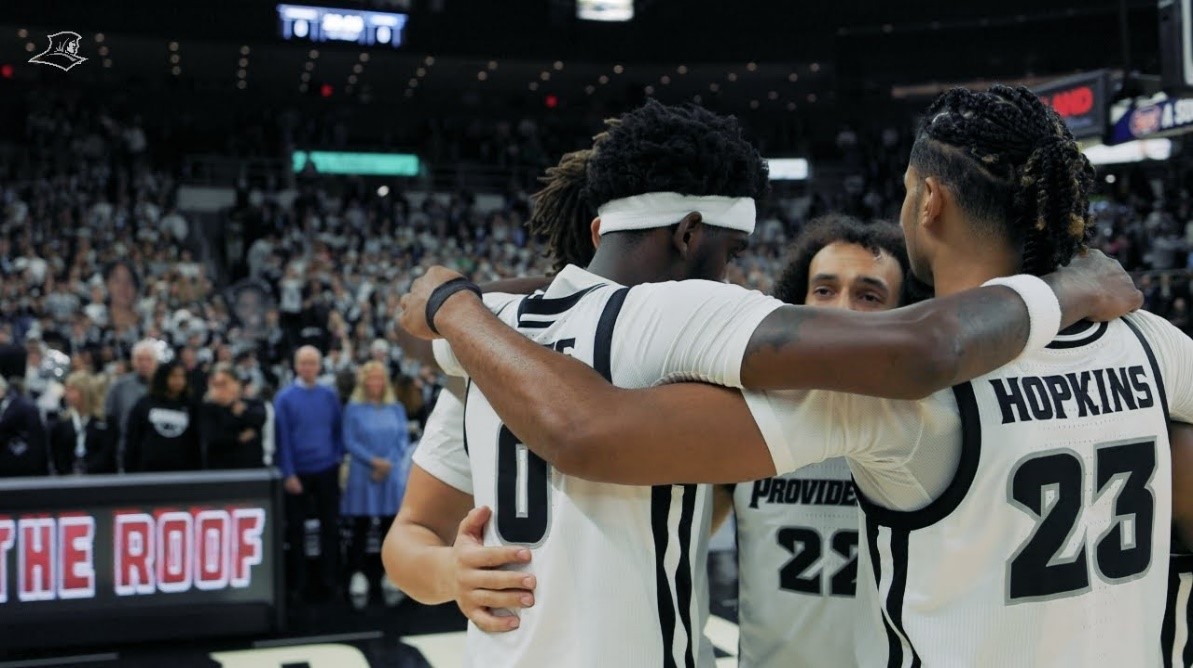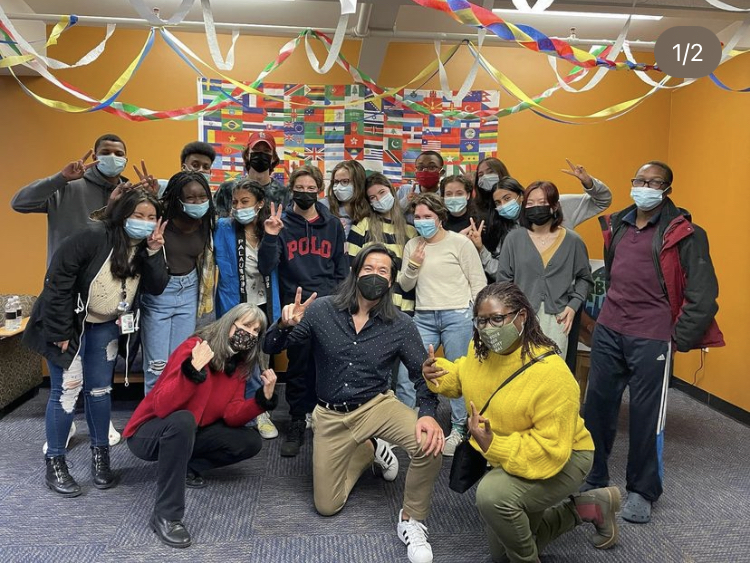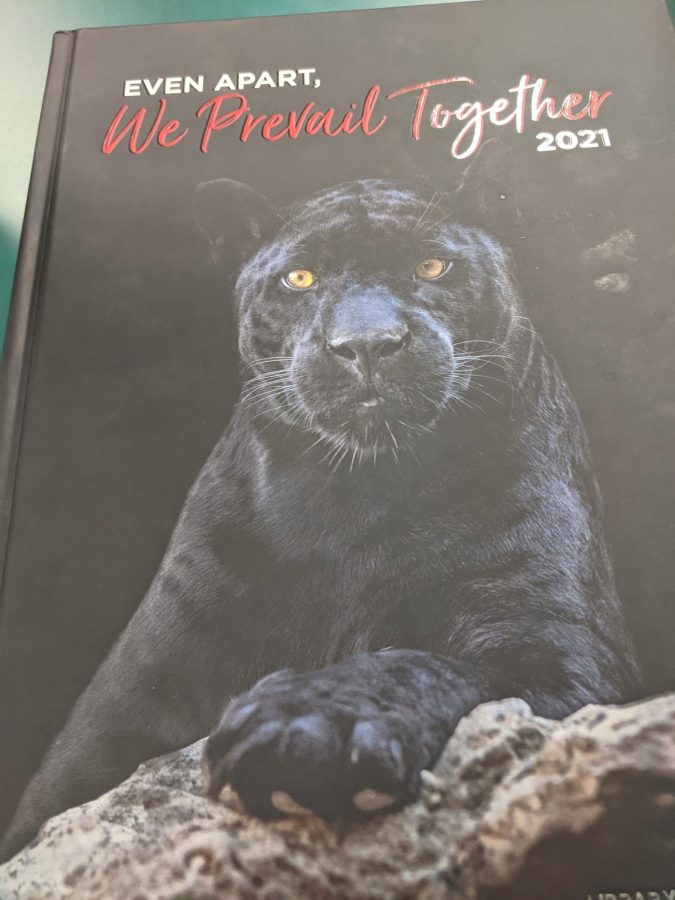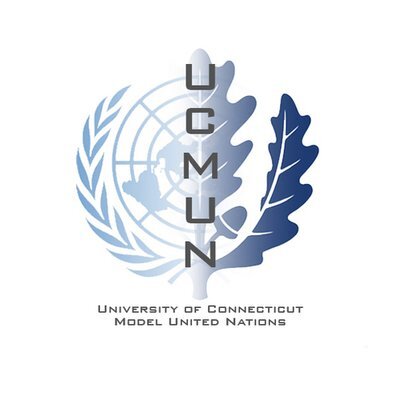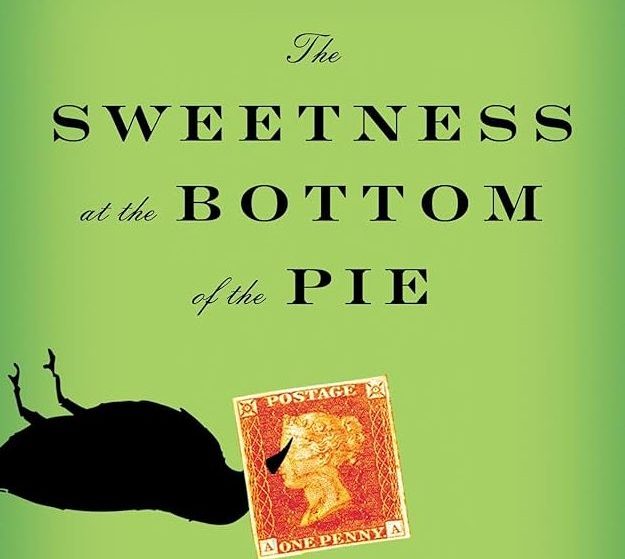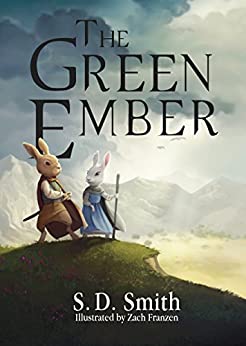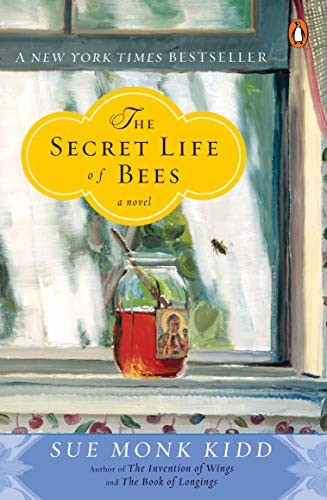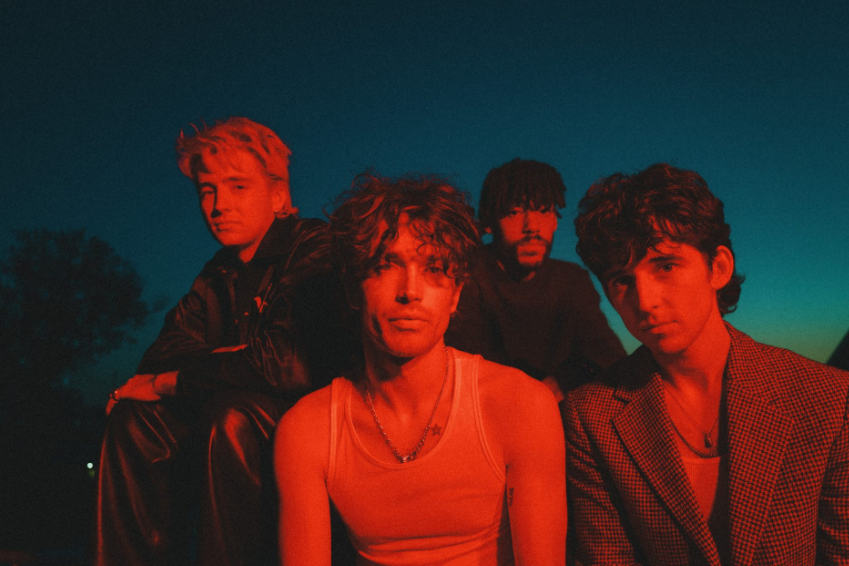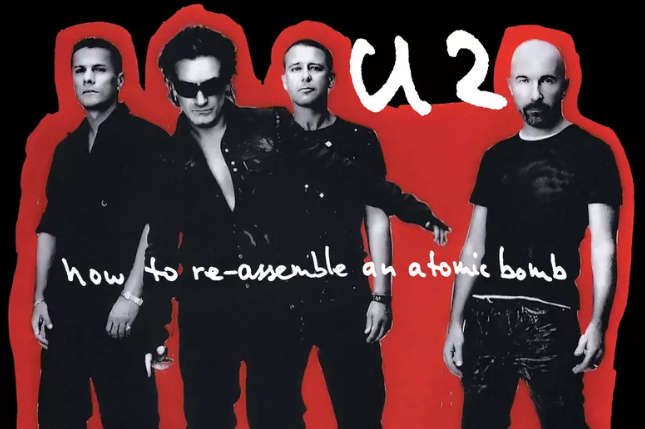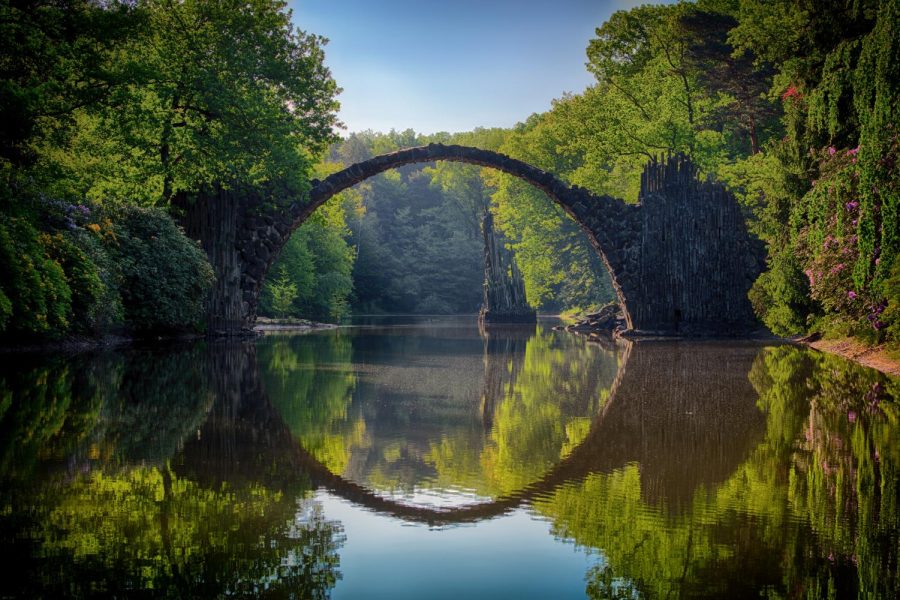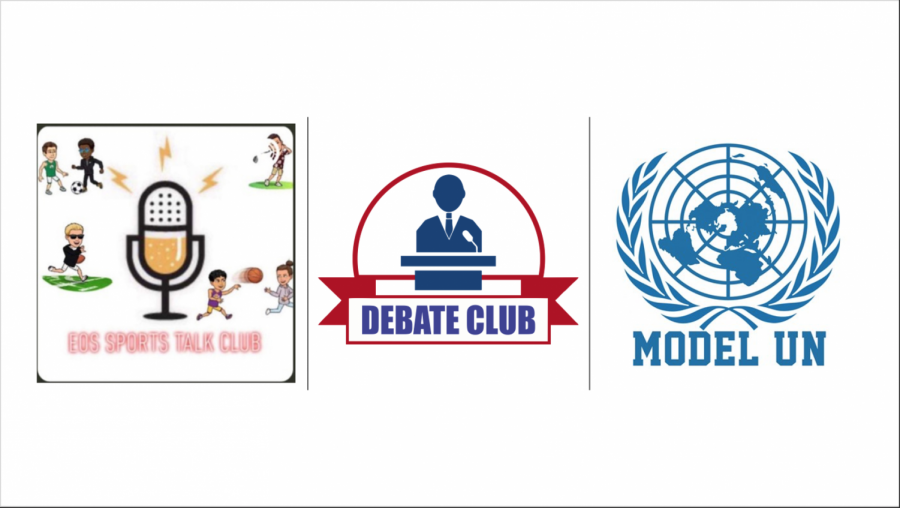How E.O. Clubs Were Adapting to Online Learning in 2020
December 2, 2021
Across the world, the coronavirus pandemic has dramatically affected the educational system of countries, creating new challenges to overcome and hindering educational progress. With the growing popularity of technological-based learning in the United States in recent years, the lack of in-person human interaction has created new forms of communication to become everyday forms of usage. Whether it’s Zoom, Canvas, or any other platform for online learning, educators around the country have adapted to the new complications. However, while educators have been able to overcome these obstacles, have students and club leaders been able to overcome the same restraints?
This question is best answered by looking at our own school, examining different clubs and how they have changed in this new school year. This inspection consists of three E.O Smith Clubs: Model UN, Debate Club, and the Sports Podcast Club.
Model UN has been around for a while at E.O, and its method of student-participation has remained similar for most years: students meet regularly each week in preparation for the two large conferences of UCMUN (UConn Model UN) and NHSMUN (National High School Model UN). This year poses a major threat to the conferences, given that they are meant to be done in person to debate and engage in a civic discussion among delegates. Mr. Santasiere says that the club “can meet on Zoom, but it doesn’t have the same energy as a regular in-person Model UN meeting. Our first conference, UCMUN, was held via Gatherly. I spent some time checking in on delegates on Saturday and it looked like a decent platform. We might want to employ it to run our own conference at E.O. Smith.” The platform Gatherly is one in which participants can move around a room virtually to simulate being in a room with other people. Whenever they want to meet, they can simply all click on one location and they can begin communication. However, while this seems to be a good fix to the problem, Mr. Santasiere states that “the easiest to target is the fact that we can no longer meet in person. This is particularly difficult for a club that relies on collaboration and debate to function. Selling the club to new members is really difficult. What we are doing this year looks nothing like it does non-pandemic. New members have been told not to judge Model UN on this year. I hope they don’t and will participate when we get back to normal, whatever that may look like.”
While Debate Club has similar functions to Model UN, in that participants engage in civil discussions over the world’s top issues, Debate Club is a new club started last year. Therefore, the adaptation to an online environment was not as difficult, given the new foundations and flexibility of the club. In fact, ex co-captain of the team, William Huey, claims that the online model “has made it a lot more accessible, especially to people who do sports or other clubs. Tournaments aren’t an hour away because they’re online, and practices are on Wednesdays when we don’t have school. For these reasons we grew a ton this year”. This growth, however, does come with a cost. Will says that in debate “there’s a whole aspect of speech that you can’t really convey online involving your tone and gestures. Since our club centers around communication, trying to do that online is obviously a barrier.” The online shift of debate from a traditional in-person club has minorly affected the communication aspect while debating, but as a whole the transition served to benefit the club as a whole – creating new opportunities for development.
Finally, to fully examine how COVID-19 affects extracurricular clubs, one must determine how difficult it is to start a club. To do that, I spoke with Brendan Raynor, the founder of the Sports Podcast Club. When asked about the challenges of starting a club in a global pandemic, Brendan stated that “it’s much more difficult to advertise the club around the school. Normally we would have flyers and be actively promoting the club in-person, but the vacancies have hindered that essential service.” Luckily, Brendan is quick on his feet. In order to overcome the challenges, he says that he placed a large emphasis on social media, ensuring that the word still got out. Brendan says he “created an instagram account and sent out a video on the EO Smith News Twitter,” an intelligent adjustment that allowed his club to welcome new members. Regarding the possible benefits, Brendan stated that “the full day off on Wednesday gives us a good opportunity where everybody is free.” While the adversities of the pandemic obstructed in-person recruiting, Brendan was able to overcome the challenge and create a Sports Podcast club full of motivated and capable individuals.
While this pandemic has obviously created an abundance of obstacles for transition, development, and growth in clubs around E.O, the leaders and founders have been able to overcome these challenges, finding ways to not only match the productivity of their pre-COVID progress, but also to expand and grow it.
